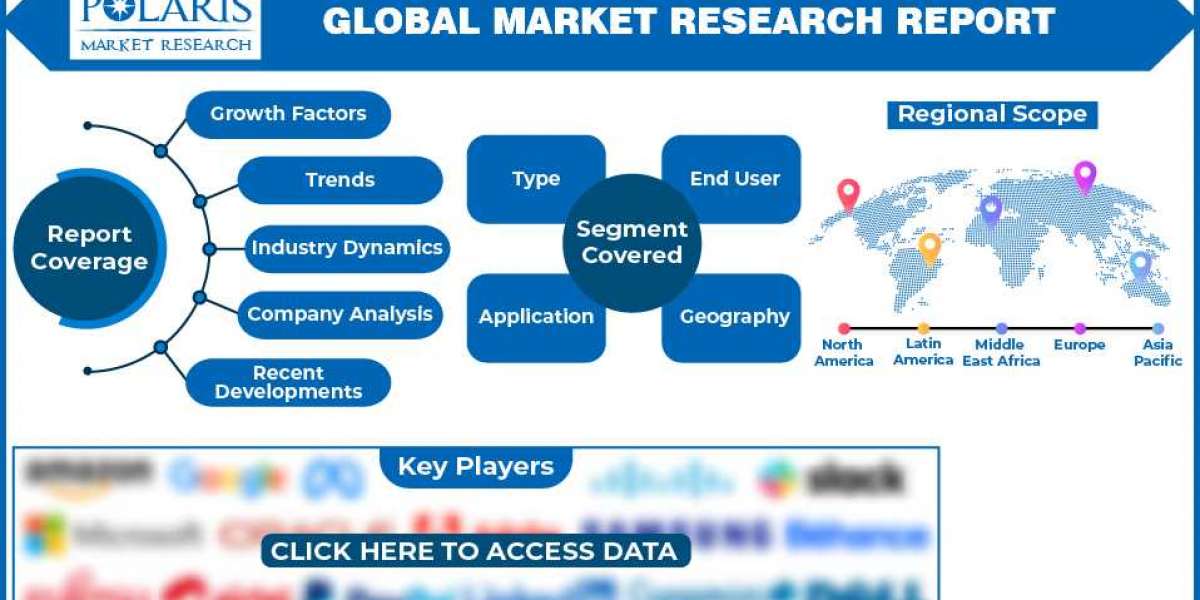Artificial Intelligence (AI) has transcended its role as a futuristic concept, becoming an integral part of our daily lives. Its applications span across various industries, reshaping the landscape of technology, business, and society. Let's explore the diverse and transformative AI applications that are revolutionizing the way we live and work.
1. Virtual Assistants: Transforming Daily Interaction
AI-powered virtual assistants, like Siri, Alexa, and Google Assistant, have become ubiquitous in our homes and devices. These assistants leverage natural language processing and machine learning to understand user commands, answer questions, and perform tasks. From setting reminders to controlling smart home devices, virtual assistants streamline daily interactions, making technology more accessible and user-friendly.
2. Healthcare Innovations: Enhancing Patient Care
AI applications are making significant strides in healthcare, revolutionizing patient care and diagnostics. Machine learning algorithms analyze medical data, aiding in early disease detection, personalized treatment plans, and predictive analytics. Additionally, chatbots provide instant medical assistance and information, improving accessibility to healthcare resources.
3. Smart Cities: Optimizing Urban Living
AI plays a crucial role in the development of smart cities, where technology is harnessed to enhance urban living. Intelligent traffic management, energy-efficient systems, and predictive maintenance of infrastructure are just a few examples. Artificial Intelligence applications contribute to sustainability, efficiency, and the creation of connected urban environments that respond to the needs of their residents.
4. E-Commerce Personalization: Tailoring the Shopping Experience
In the realm of e-commerce, Artificial Intelligence applications drive personalized shopping experiences. Recommendation engines analyze user behavior, preferences, and purchase history to suggest products tailored to individual tastes. This enhances customer satisfaction, increases engagement, and boosts sales by creating a more intuitive and enjoyable online shopping journey.
5. Cybersecurity: Safeguarding Digital Spaces
AI is a powerful ally in the ongoing battle against cyber threats. Machine learning algorithms can detect patterns indicative of cyber attacks, identify vulnerabilities, and respond to security incidents in real time. AI-driven cybersecurity applications continuously evolve to counteract the ever-changing tactics of malicious actors, fortifying digital spaces against potential breaches.
6. Financial Fraud Detection: Securing Transactions
In the financial sector, AI Apps are instrumental in detecting and preventing fraudulent activities. Machine learning algorithms analyze transaction patterns, identify anomalies, and flag potential fraudulent transactions. This proactive approach enhances the security of financial transactions, protecting both individuals and businesses from financial fraud.
7. Education and Personalized Learning: Tailoring Knowledge Delivery
AI apps are transforming education by enabling personalized learning experiences. Adaptive learning platforms use AI algorithms to assess individual student performance, identify learning gaps, and deliver customized content. This fosters a more efficient and effective educational journey, catering to diverse learning styles and paces.
8. Natural Language Processing in Communication: Breaking Language Barriers
Natural Language Processing (NLP) applications enable machines to understand, interpret, and generate human-like text. Translation services, chatbots, and voice recognition systems leverage NLP to facilitate communication across languages, making information more accessible and fostering global connectivity.
9. Autonomous Vehicles: Redefining Transportation
The automotive industry is witnessing a revolution with the integration of AI in autonomous vehicles. Machine learning algorithms process data from sensors, cameras, and radar systems to navigate and make real-time decisions. AI apps in self-driving cars aim to enhance safety, reduce accidents, and redefine the future of transportation.
10. Climate Modeling: Addressing Environmental Challenges
AI applications contribute to climate modeling and environmental research. Machine learning algorithms analyze vast datasets to predict climate patterns, monitor deforestation, and assess environmental changes. By providing actionable insights, AI supports efforts to address and mitigate the impact of climate change.
Challenges and Ethical Considerations
While AI applications bring numerous benefits, they also raise challenges and ethical considerations. Issues such as bias in algorithms, data privacy concerns, and the potential impact on employment require careful consideration and responsible development of AI technologies.
Conclusion: A Future Defined by AI
As AI applications continue to evolve and permeate various aspects of our lives, the future promises a landscape defined by innovation, efficiency, and improved human experiences. From healthcare advancements to reshaping urban living, the transformative power of artificial intelligence is unlocking new possibilities and shaping a world where intelligent technologies augment our capabilities and enrich our daily lives.
Lastly, if you are an owner of an app and want to list it at the top of our website, you can visit Mobileappdaily.



